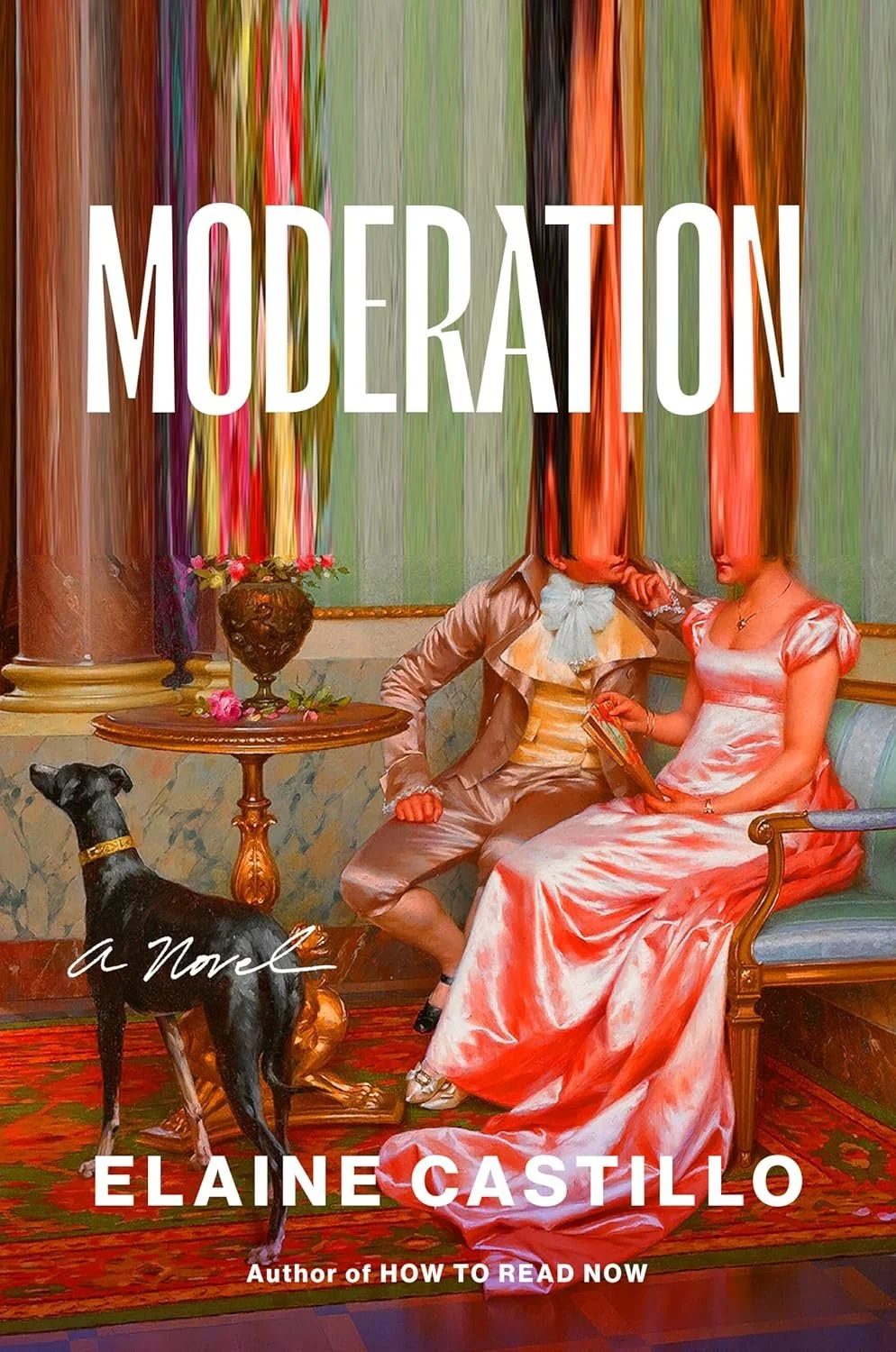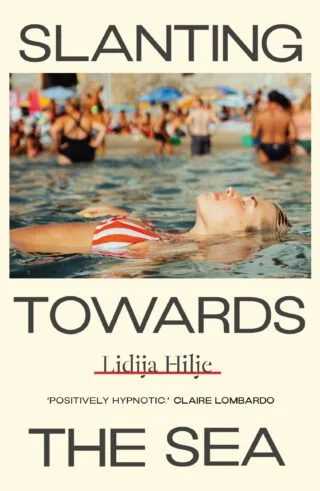A Conversation with Yoko Tawada
“Poems have been at work inside me ever since I stopped working on them. They’re like foreign languages”
Spontaneous Acts, Yoko Tawada
Could you talk about how Spontaneous Acts came into the world?
I didn't plan to write a novel. I wanted to write an essay about Paul Celan and went to the Literature Archive in Marbach to see his manuscripts. There I discovered a book that Celan had with him while he was in the psychiatric clinic. It was a book about anatomy. Celan underlined a few words and wrote a poem in the book. This book led me to write this novel.
Do you have any particular writing habits and have they changed for your different books?
For most of my novels, I wrote notes and plans in pencil for weeks and then one day I started writing on the computer - every day when I woke up, I wrote for one to three hours. I drank lot of coffee or tea while I wrote. In the case of this book the writing began in the reading room of the archive in Marbach without any coffee or tea.
I found Spontaneous Acts to be a very different reading experience to most other books I’ve read as there I was never quite sure what’s ‘real’ and what’s memory or imagined. Did you intend to create a sense of ambiguity or layered meanings that the reader is left to contemplate?
The protagonist lives in isolation. I had a similar experience during the pandemic. Usual contact with lots of people is cut and you start to have intimate conversations with one or two people. These people can be real partners or family members, but they can also be imaginary characters, which is the case in this novel. Then you can no longer distinguish reality from fantasy.
Your protagonist is sometimes referred to as ‘Patrik’ and sometimes as ‘the patient’, which gives the impression that he is oftentimes not the subject of his own life as he attempts to find connection in a world that overwhelms him. Could you talk a little bit about your choice of naming Patrik and how you approached his characterisation?
"Pa" can also be the beginning of panic, pandemic or papa. Patrik is someone who is emotionally unstable and cannot imagine to become someday a papa and lives in an endless pandemic. He perceives himself sometimes as me, sometimes as another man or even as a diagnosed patient.
I wondered if you could tell us more about how Celen, a German-speaking Jewish poet from Romania, inspired you and why you chose to place him at the centre of Spontaneous Acts?
Alongside Ingeborg Bachmann, Paul Celan has been one of the most important poets since I started learning German as a high school student. His German is a universal language that transcends borders and is based on a common grammar. This language is a mixture of many languages, but on a level that is not immediately visible.
There are so many interlaced themes and ideas throughout the book, including the solace of friendship, conversation, music, and feeling seen in the world. Do you begin your writing process thinking about the themes that you want to write about, and do you have any particular messages you hope to convey, or do they arise throughout the process?
I started writing when I caught the word "meridian". There was nothing else in my fishing net with which I caught the word. But the net had several knots, such as the question of whether a poet should "sing" in his language or mot. So the motif of music was unavoidable. The theme of friendship with a imaginary friend or the theme of loneliness became clear to me in the process of writing.
I was very interested in what you’ve written and spoken about in terms of language being a living thing that you accompany, something that actually helps us to discover meaning. Could you tell our readers a little bit more about your thoughts on how speaking, learning, and writing in different languages can help in the discovery of meaning?
Let's think of the word "soul". There is no real object called a soul, but there are an incredible number of possibilities of what the word can mean. If we want to catch a meaning that is important to us personally, it is helpful to get to know the word in several languages and their historical background.
When you’re writing, what kind of books are you drawn towards reading? And do you find that reading helps your writing process?
I usually read one German and one Japanese book from contemporary literature that is similar to my text and different at the same time. I also like to leaf through medieval, very experimental poems and Russian or French classics in Japanese translation. These books help me finding my place in the vast universe of world literature.
Do you judge a book by its cover?
No. I love an interesting cover, but I've never bought a book just because I liked the cover. I buy the book I want to read, even if I hate its cover.
Editorial Picks





